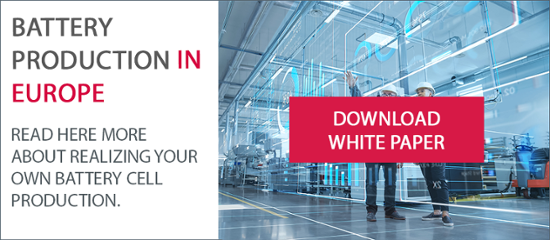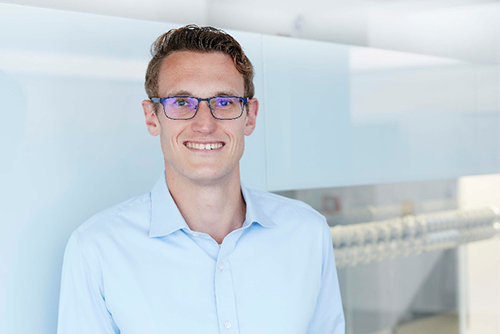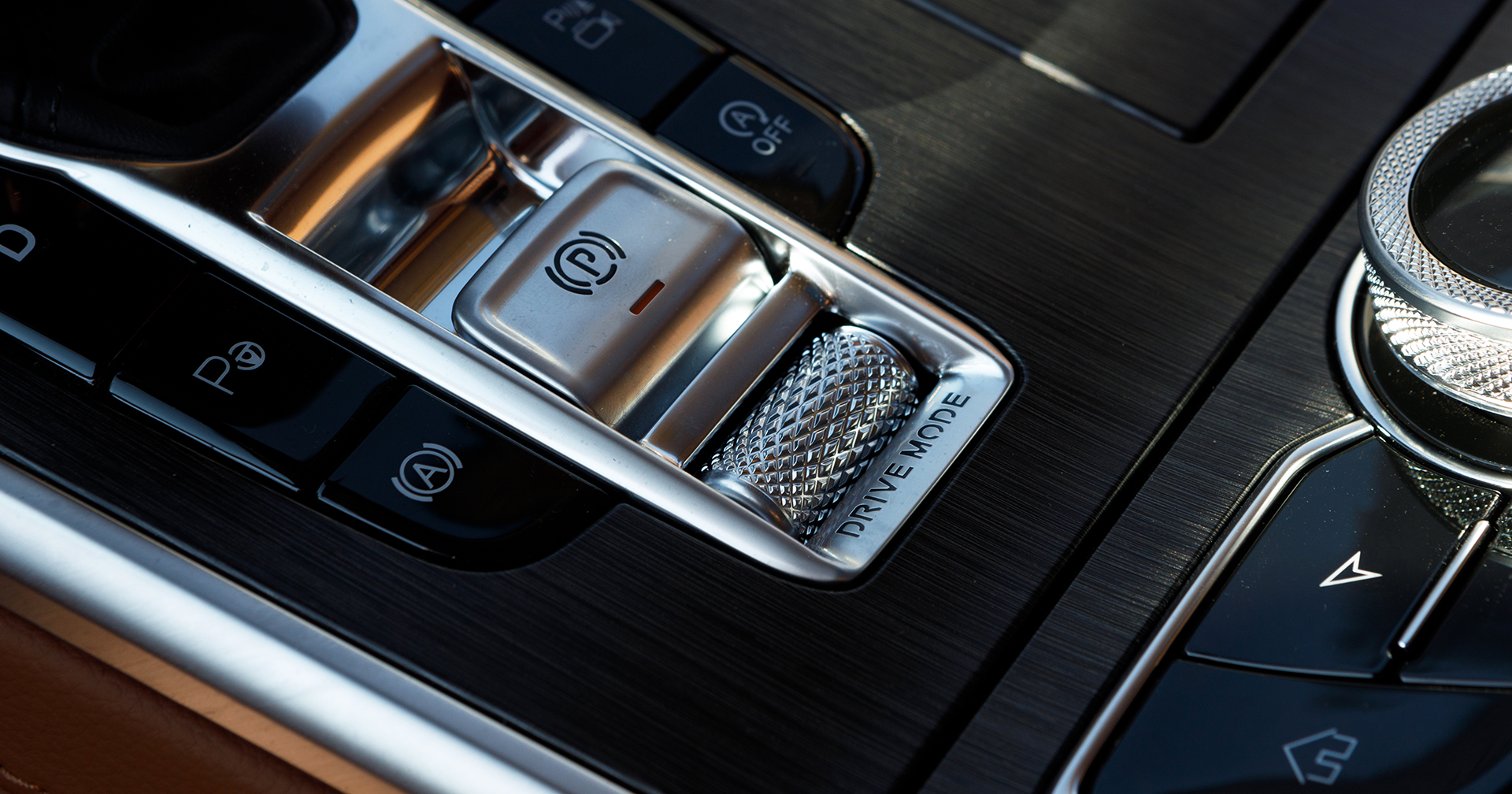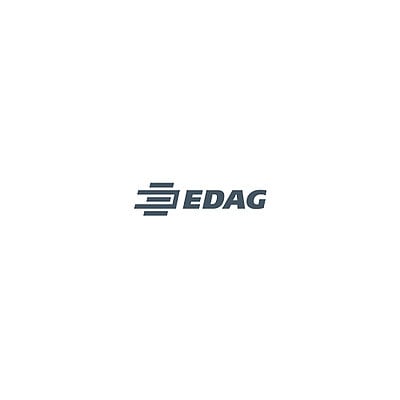In Europe, several battery cell production lines have recently been built by large Asian suppliers offering a turnkey solution from a single source. However, due to different policies, laws and procedures, local requirements do not always match the offerings that have proven successful in domestic markets. Extensive rework is then required. EDAG Production Solutions supports such a ramp-up with a combination of industry know-how in the battery cell segment and experience in plant optimization.
There are good reasons to purchase a battery cell production facility from an Asian turnkey supplier. The latter has the relevant experience and access to proven technology. For example, a well-known Chinese company has built numerous plants in China and is also in a position to build similar production facilities here at home. Experience shows that the essential requirements are met.
In Europe, there are simply no providers of a similar size that can offer everything from a single source. Alternatives can best be presented through an integrated approach in which a well-managed consortium provides technology for different production steps from different sources. Linking these together takes time and effort, as they have tended to be individual solutions, for which there is little empirical knowledge. This has a negative impact on competitiveness: The investment costs (CAPEX) will always be higher than for a turnkey solution.
The other side of the coin
The turnkey solution has more than just advantages, however. For example, Chinese suppliers often lack experience with issues relating to CE conformity and other regulatory requirements in the EU, as these do not apply or apply differently in their home market. These include, for example, issues relating to occupational health and safety, the handling of hazardous substances and the associated emissions and operational risks (containment), the treatment and disposal of residual materials, as well as product-specific legal regulations such as recycling quotas, CO2 footprint and much more. In addition, the level of digitalization in such a turnkey solution is not always in accordance with the wishes of European customers.
Significant differences also become apparent during the commissioning phase, if not before. It is not uncommon for clones of Chinese plants to have throughput problems, meaning that output is lower than expected. Moreover, customers sometimes face very high initial reject rates for the cells produced. This is hardly a problem in their domestic market, where both energy and the necessary raw materials such as chemicals and metals are cheaply available. Here at home, however, to be able to produce economically, tighter limits must be set. As a result, plants often have to be optimized at great expense. This requires expertise that the original provider does not have.
Experienced ramp-up specialist needed
Production planning and optimization is one of the core activities of EDAG Production Solutions (EDAG PS), which offers 360° production engineering. In addition, the EDAG Group is involved in various committees and consortia for battery cell production, so that it can also draw on industry knowledge in this area. These combined skills have already won the engineering specialist several contracts to "get battery cell production up and running" in Europe.
A project in Northern Europe illustrates the dilemma European customers face with Asian providers. The result was a turnkey system that works - at least in principle. However, the production speed is far below the expected values and the percentage of "OK" parts is poor. And when most of the expensively purchased lithium ends up in cells that have to be sorted out as scrap, there is not enough money in the coffers. The plant cannot be operated profitably in its current state.
Rework…
In the meantime, many EDAG employees are on site to ensure that this battery cell production facility is in an acceptable condition. The central task is to record faults on the various machines and to check processes. The next step is to work with the operator to define measures to correct any faults found. EDAG then accompanies the implementation of the measures by the plant manufacturer. The goal is to reduce the reject rate to an efficient level and also to optimize the processes in the plant, in order to achieve the desired output figures.
In another case, fundamental changes had to be made to the infrastructure of the plant for this purpose. It turned out that the control technology installed was simply not up to the task. This illustrates the dilemma of rapid technological development in this area, which has led to significant changes between planning and completion. This had serious consequences: Because the control system manufacturer did not have any suitable products with the required performance, the technology had to be switched to another provider. This caused extra planning work, so that in addition to higher costs, the time factor also played a role.
… or planning in advance
Not only does EDAG PS use this extensive experience in ramp-up to support affected plant operators in reworking a plant that has already been built. The experts are also available to assist Asian providers with optimization as early as the planning phase.
The reason for this is that energy and raw materials are more expensive here than in China. This is reflected in a different valuation of CAPEX and OPEX. Here at home, higher investment costs are more readily accepted when operating costs are lower, particularly due to lower failure and reject rates. This more than offsets the higher acquisition cost over the life of the plant.
In addition, the German engineering company's production experts are helping to adapt the Asian plant design to European requirements. From CE marking to occupational health and safety issues, from the handling of hazardous substances and the associated emissions and operational risks (containment) to the treatment and disposal of residual materials, numerous EU-specific regulatory requirements must be observed.
Do you have questions about optimizing your system - either before or after construction? Dr. Anselm Lorenzoni, Cell Production Expert at EDAG Production Solutions, will be happy to answer your questions. Or download our white paper "On the way to European battery cell production", which describes the challenges of setting up your own production and shows how EDAG can support you. 





